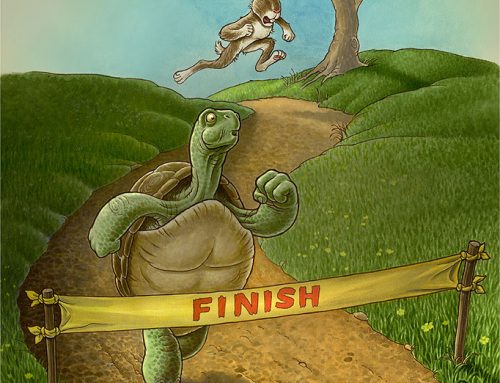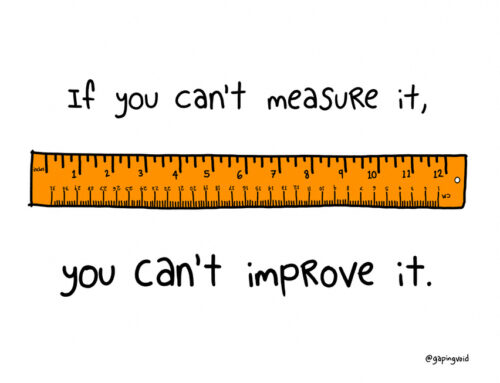When You Slip… Don’t Stay on the Ground
June 14, 2016
Categories: Change
Have you ever been trying to make a change in your life, only to slip up? This happened to me the other day. I was participating in a nutrition challenge with my gym, and I had been doing pretty well for a few days. But then I hosted an end of the semester party, and I didn’t feel like eating a salad. So I had chicken fingers, French fries, and a margarita. Not the best 🙂
In the past, when I slipped up like that, I might have gotten depressed and given up. But this time, I had a less extreme reaction. I noted the slip, shifted my focus, and got back on track. I didn’t stay on the ground; I got back up and continued my change effort.
When I was counseling people who struggled with alcohol and drug addiction, I realized that slips were pretty normal. I’m not sure I ever had a client who made consistent progress toward their goals without having a slip here or there. It was almost inevitable. The important thing wasn’t the slip itself—it was how the person responded after the slip.
Some people got frustrated and depressed when they experienced a slip. The slip was seen as evidence that they didn’t have what it took to make the change. There was a distinct shift that occurred in their body. It was as if the energy just drained out of them. One slip turned into another, then another, and pretty soon they weren’t even trying anymore. Often they would drop out of counseling altogether.
Other people were able to get themselves back on track fairly quickly. Part of it was how they viewed the slip. First, they viewed the slip as part of the process. They knew that the change process was tough, and perfection wasn’t a realistic goal. Even though they were disappointed about the slip, it wasn’t quite as surprising or devastating, so it was less likely to knock them off track.
Second, they were curious about the slip. Like a scientist, they tried to figure out what happened. They wondered if there was anything the slip could teach them about themselves and their change effort. Often we would work together to understand what happened. We would go step-by-step and figure out what was going on that led up to the slip. With this new information, they were better prepared to get back into the game.
Change isn’t always a straight-line process. Sometimes it can feel like it is two steps forward and one step back. When you experience a slip (and it will happen), try not to give up and stay on the ground. See if you can view the slip as part of the process, and be curious to see if there is anything you can learn from the slip. And then get back in the game.
Discussion: How do you respond when you slip up during a change effort? What do you think about trying to see slips as part of the process, and learning from your slips?
Related Thoughts

Subscribe To My Newsletter
Join my mailing list to receive the latest blog posts.
Receive my e-book “The Mental Health Toolkit” for free when you subscribe.





